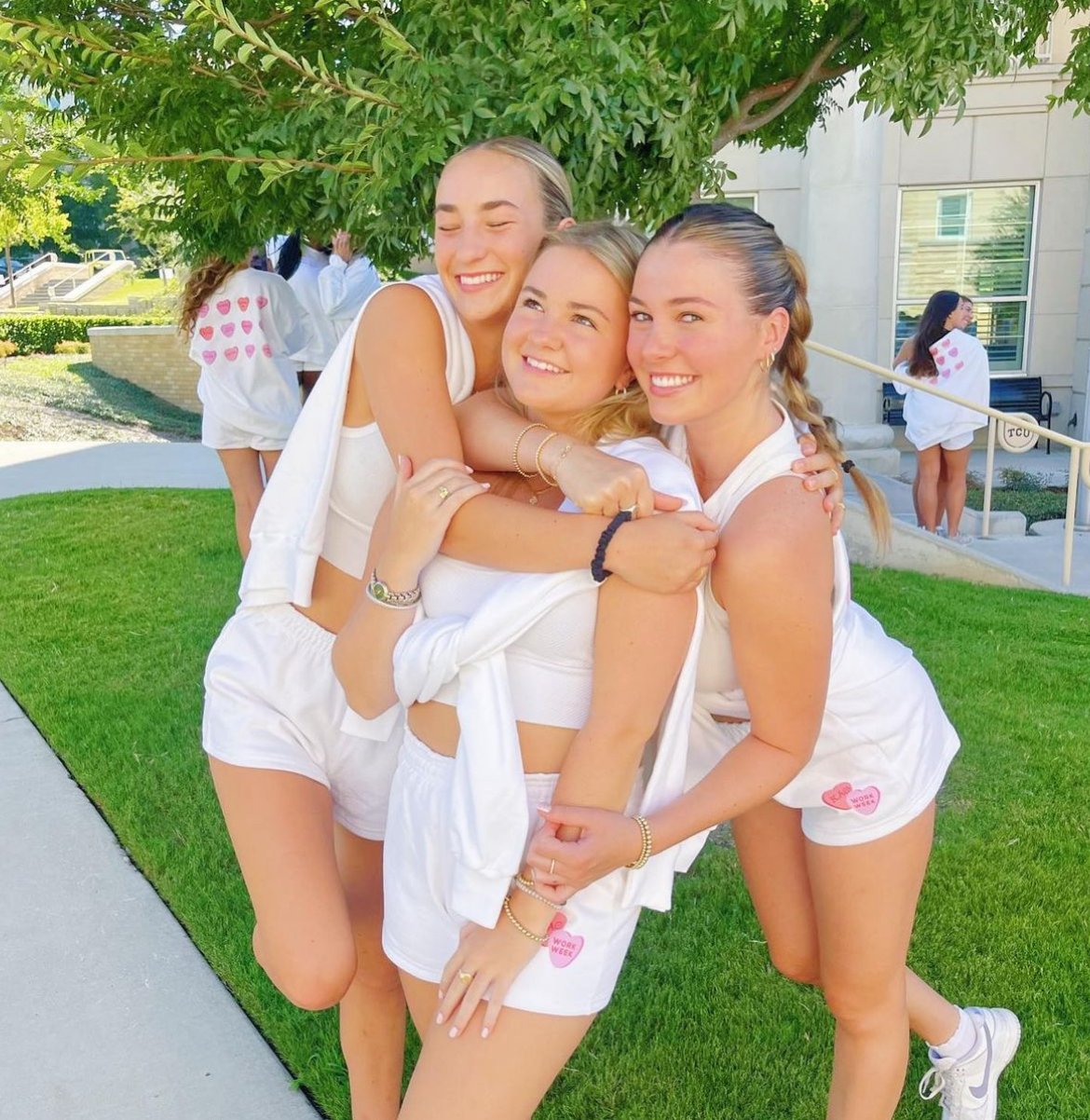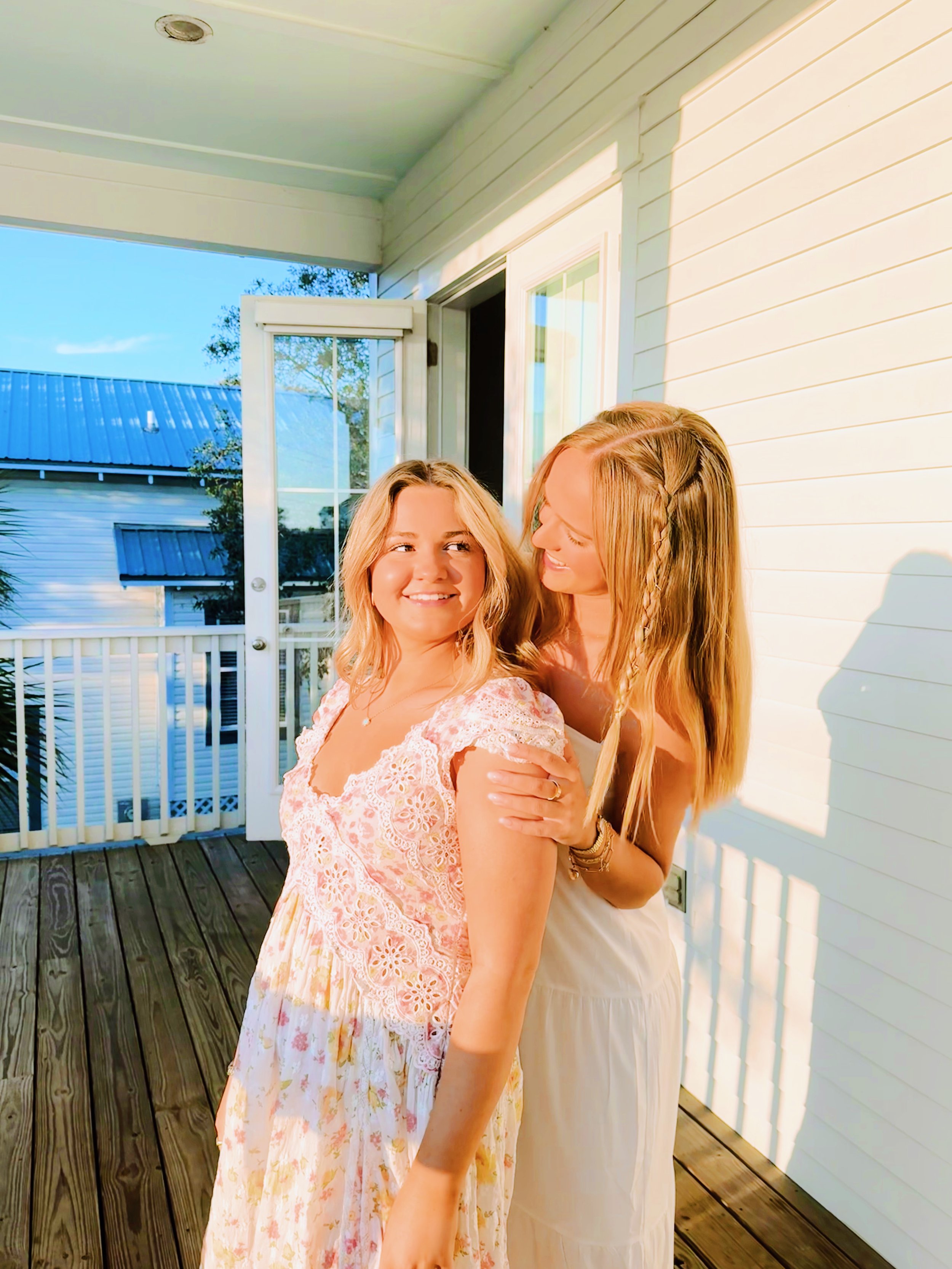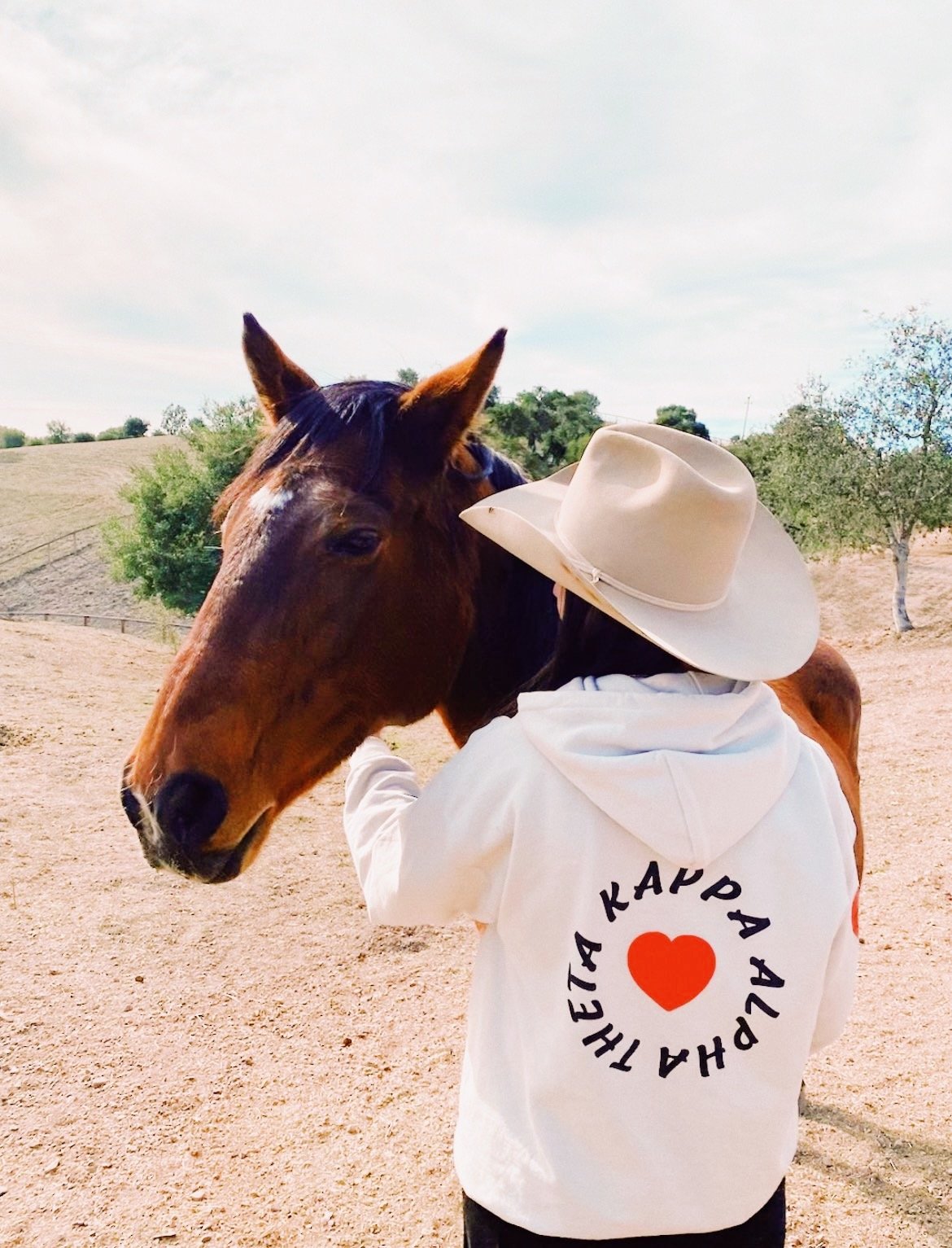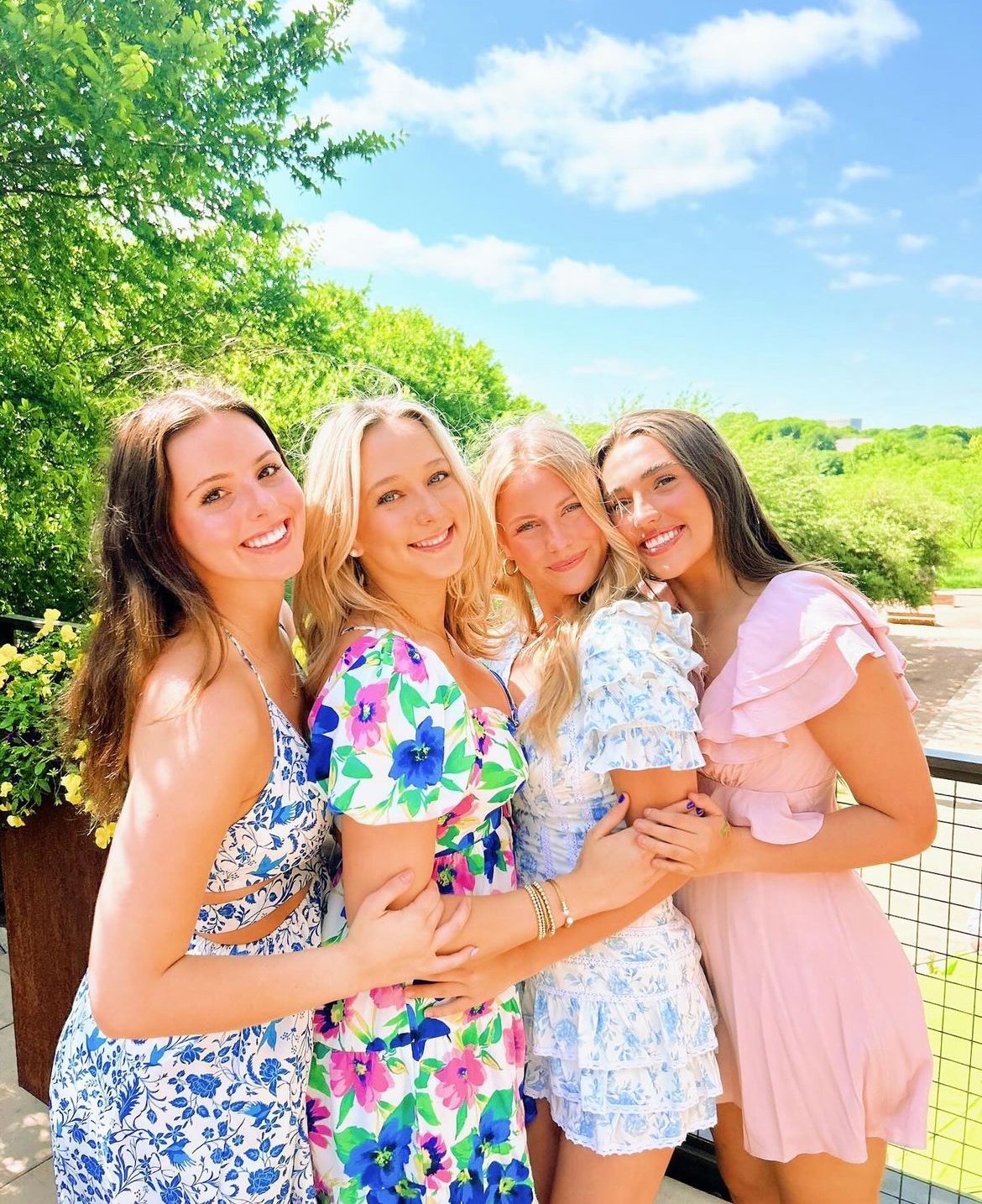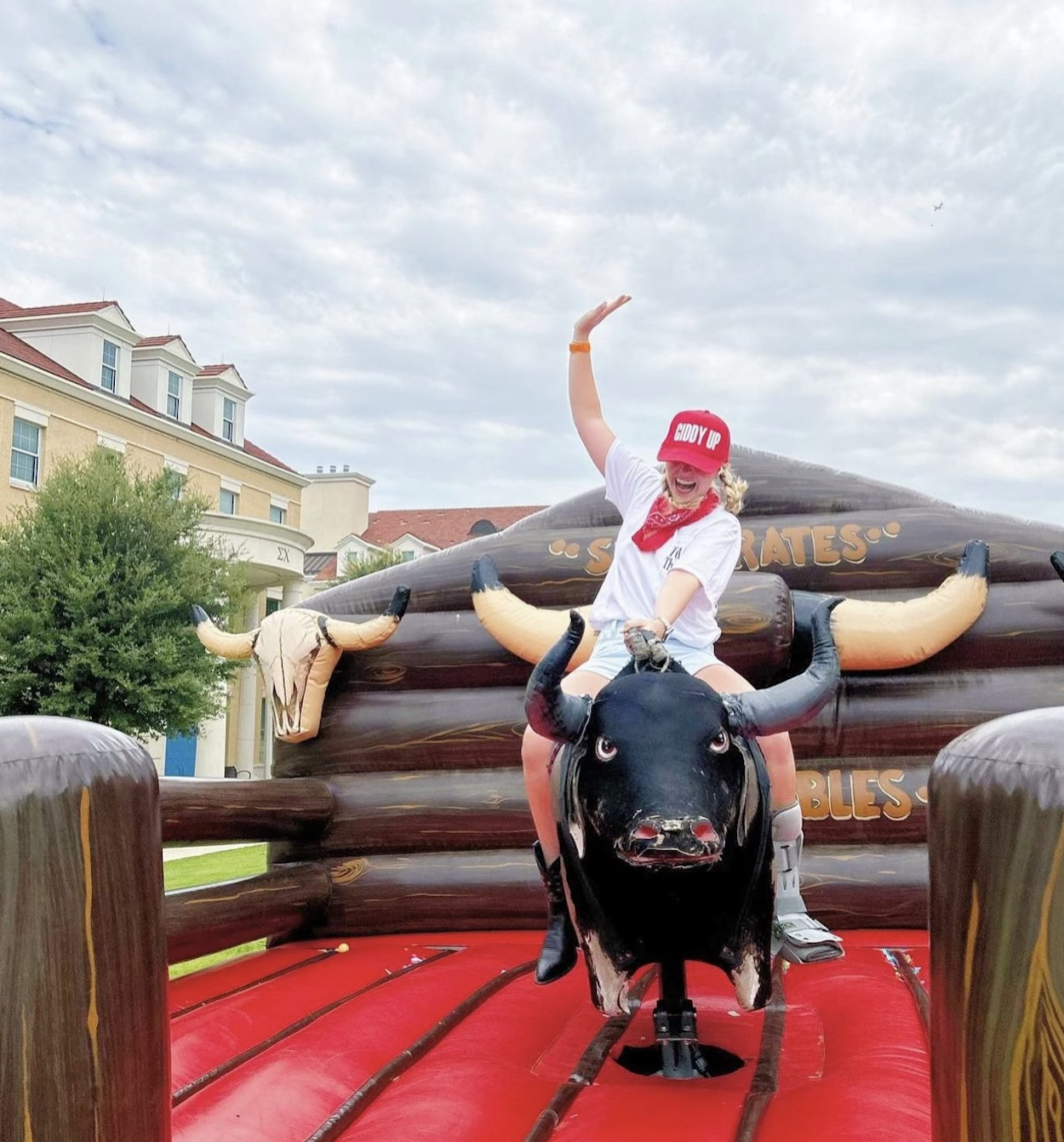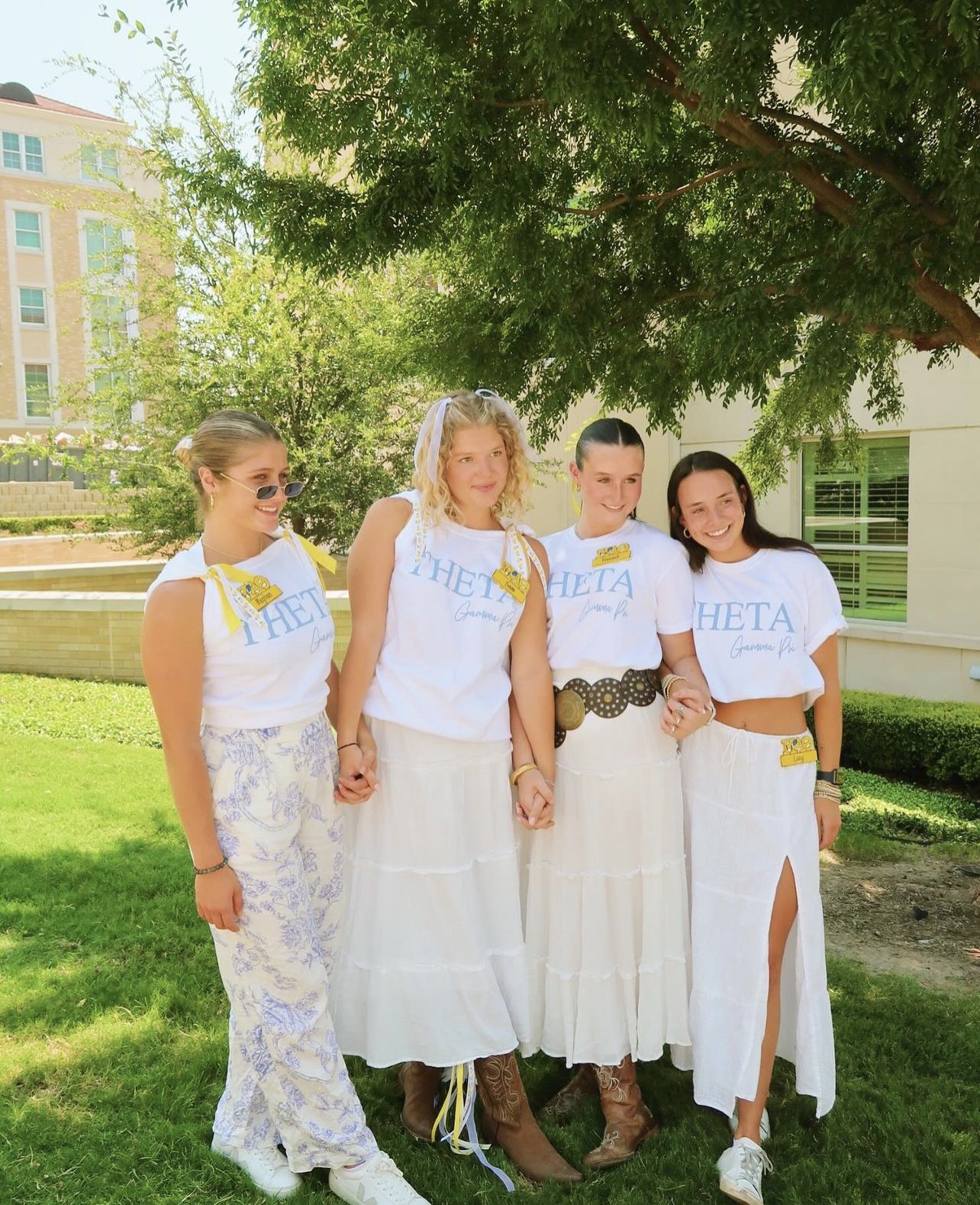LEADING WOMEN
"Less than one percent of all college-aged women in the United States were enrolled in colleges and universities in 1870. These pioneers challenged the commonly held notion that women had inferior minds. Yet they sought a delicate balance as they still ascribed to the era's belief in the values of ‘true womanhood.’"
Those who sought to study in a coeducational setting were often met with hostility and harassment as did Kappa Alpha Theta's founders when they first entered Indiana Asbury University. Townspeople talked behind their backs, faculty ignored them, and male students rallied at the injustice of their acceptance.
In explaining Kappa Alpha Theta's origins, Bettie Locke once said, "The fraternity was always second in my mind to coeducation. It was organized to help the girls win out in their fight to stay in college on a man's campus. We had to make a place for women in a man's world, and the Fraternity was one means to that bigger end." In the 1870s, coeds strove to be successful in their studies and to not bring undue attention to themselves. Theta's founders wore plain calico to class. For special performances, they selected simple school frocks, rather than silk, signaling their serious purpose.
In addition to the women at Indiana Asbury, young women on ten other campuses became members of Kappa Alpha Theta in the 1870s: Indiana, Cincinnati Wesleyan, Millersburg College, Moore's Hill, Butler, Illinois Wesleyan, Wooster, Ohio, Allegheny, and Michigan.
“AND TRY ABOVE ALL THINGS TO KEEP UP A HIGH STANDARD OF SCHOLARSHIP, NOTHING WILL ELEVATE KAΘ LIKE WONDERFUL SCHOLARSHIP!”
— BETTIE LOCKE

